sermon from the compost pile
seven steps toward creating an inner garden
“Gardening lets you accomplish much more than simply restoring ecological balance to your small patch of ground. The peace and order of a garden brings peace and order to the human mind.”
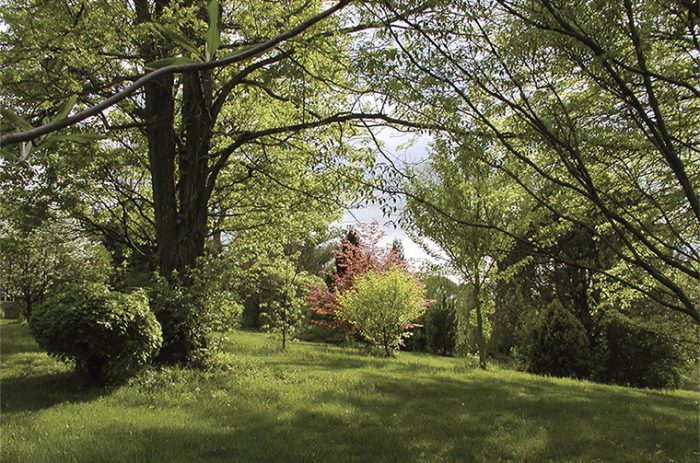
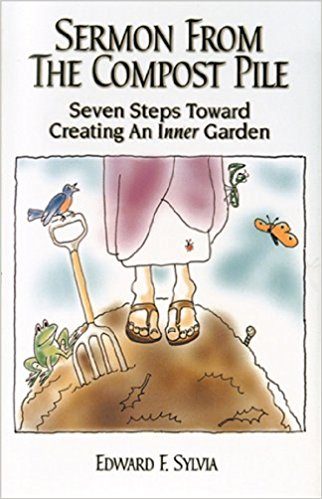
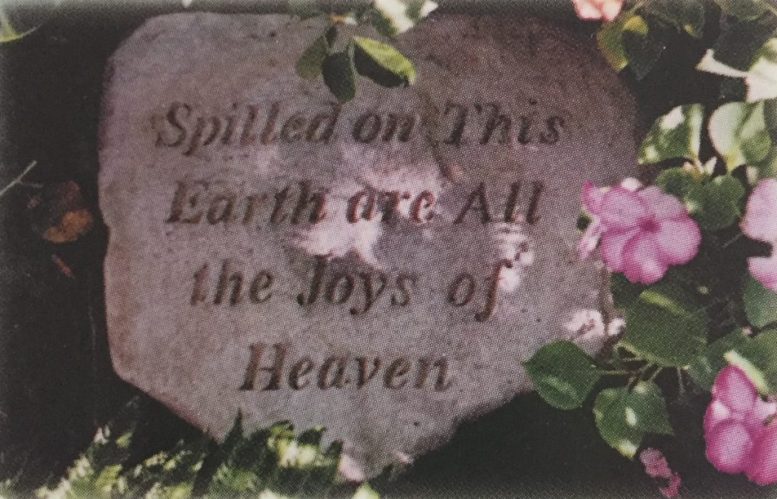
a book for everyone who has ever felt a spiritual connection to the garden and the world of nature
In this era of “going green,” author Edward F. Sylvia shows how we can make positive changes in the world and in our personal lives. The process of creating eco-friendly garden offers unexpected insights into cultivating our consciousness to become a beautiful “inner” garden whose fruitfulness is rooted in the fertile ground of holistic spiritual principles and Love.
This book takes you on a bold journey into the invisible world of the spirit—and allows you to see clearly into it—as clearly as you see the objects in the physical world around you.
More importantly, it demonstrates how our spiritual world is being “landscaped” right here, right now, by our earthly activities—and that the purpose of all true religion is to instruct us on how to create a healthy inner garden for our spirit to dwell, in eternal happiness.
Now anyone who can understand simple gardening techniques can understand and uncover the answers to the most hidden and profound of all spiritual mysteries.
THis “earth-centered” spirituality is simple, humble and wise, with appeal for anyone who has ever turned a compost pile or marveled at a bean sprout.
– Michael Weaver, NAPRA ReView
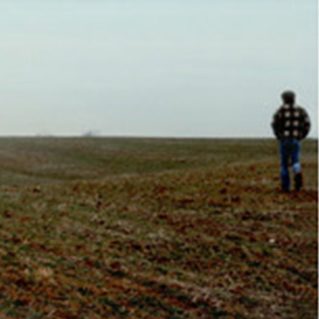
1980:
Ed and his wife Sue buy six acres of Illinois farmland, intending to establish a sustainable homestead and live in harmony with nature.
As Ed walks this completely empty parcel, he ponders his dilemma. “No trees, no flowers, no worms. What have I gotten myself into?”
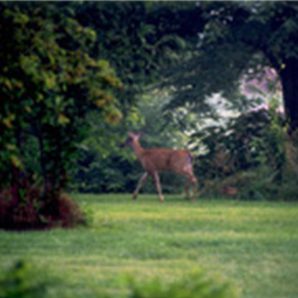
1999:
The same spot, 19 years later. Filled with trees, fruit, worms… even deer! Thanks to Ed’s diligent care and gardening efforts, the previously empty soil is once again teeming with new life.
Most amazing of all, this is a perfect demonstration of what happens when we apply these same gardening principles to the care of our own souls!
REVIEWS
Are you searching for eternal happiness? According to author Edward F. Sylvia, you will unearth it in the garden—your “inner garden.” It never occurred to me to compare my spiritual development to the growth that takes place in an actual garden. But Sylvia presents such obvious parallels between the two that, since I read his book, it is impossible for me to labor in my own back yard vegetable patch without remembering his observations. He separates the quest for a joyous life into seven steps with each one having a designated chapter.
Adding a private touch to the book, he includes pictures of himself and his family working in their garden and enjoying life on their farm. I took pleasure in seeing people smile while performing manual labor. I realized he applies these lessons to his own life.
– annalee allen © 2002 the dispatch – Lexington, sc
An insightful book with a message of hope and refinement for the soul, written especially for garden lovers but filled with wisdom for all who seek to open their inner selves to a higher plane of existence, Sermon From The Compost Pile is recommended as a welcome and appreciated contribution to self-help, self-improvement reading lists, and will have a special affinity for students of spirituality as well as those having a penchant for gardening.
– midwest book review, USA
This is one of those timeless books—one that is almost beyond classification. I first saw a copy at the London Book Fair and was imediately drawn to it in a way that I find difficult to explain. Only later, when a review copy was sent to me did I discover that the ideas the author so charmingly presents, stem in the first place from the writings of Emanuel Swedenborg, whom T. D. Suzuki called “the Buddha of the North.”
The aim of the book is to take us on a journey through “the gardens of the spirit,” and to see ourselves as caretakers of our own mental and spiritual processes. These the author relates to a wholistically environmental process of “inner gardening,” while also giving many useful tips—which he has proven in his own gardening llife—for improving and harmonising our external gardens, however large or small they might be.
Anyone who has an insight into the spiritual world of the garden will find a resonance with this book. And those who do not have this experience may find that it opens new doorways for them.
– pure land notes, DEVON, UK
